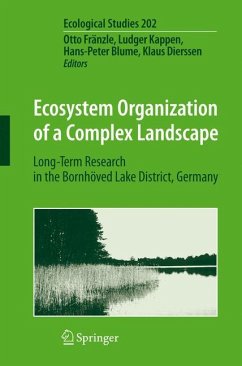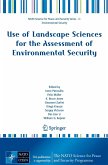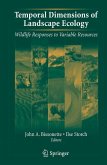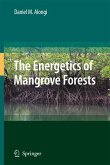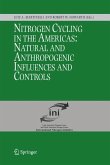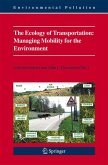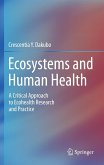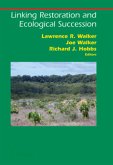This volume is an essential text for scientists from a huge variety of disciplines, from ecologists to geographers and soil scientists. It provides a synthesis of long-term ecological analyses in the Bornhöved Lake District of northern Germany. The emphasis is on the comprehensive assessment of matter and energy fluxes. These operate in and between the terrestrial and aquatic ecosystems on the one hand, and on transdisciplinary landscape planning approaches on the other.
This book presents the major findings of a 12-year ecological study of the Bornhöved Lake District, situated some 30 km south of Kiel. Historically speaking, the present research scheme, like comparable long-term ecosystem studies at Göttingen, Bayreuth, München, and Berchtesgaden, has been conceived as the core of a comprehensive ecological surveillance system for Germany (Ellenberg et al. 1978). Comprising three interrelated components, namely an ecological monitoring network, comparative ecosystem research, and an environmental specimen bank, this system is intended to promote both ecological science and planning and policy. In this connection the geo- and bioscientifically based ecosystem research aims at understanding the structure and functions of systems, the natural equilibrium and stress tolerance of singular components and the entire system against changes and disturbances from within and from outside, and the relationships between diversity, productivity, and stability. Thus, ecosystem research forms the indispensable basis for the rational analysis of the comprehensive data sets made available by ecological monitoring networks and for the adequate selection of plant, animal, and soil specimens for environmental specimen banking purposes.
This book presents the major findings of a 12-year ecological study of the Bornhöved Lake District, situated some 30 km south of Kiel. Historically speaking, the present research scheme, like comparable long-term ecosystem studies at Göttingen, Bayreuth, München, and Berchtesgaden, has been conceived as the core of a comprehensive ecological surveillance system for Germany (Ellenberg et al. 1978). Comprising three interrelated components, namely an ecological monitoring network, comparative ecosystem research, and an environmental specimen bank, this system is intended to promote both ecological science and planning and policy. In this connection the geo- and bioscientifically based ecosystem research aims at understanding the structure and functions of systems, the natural equilibrium and stress tolerance of singular components and the entire system against changes and disturbances from within and from outside, and the relationships between diversity, productivity, and stability. Thus, ecosystem research forms the indispensable basis for the rational analysis of the comprehensive data sets made available by ecological monitoring networks and for the adequate selection of plant, animal, and soil specimens for environmental specimen banking purposes.
Aus den Rezensionen: "Dieser Band fasst die wesentlichen Ergebnisse eines der großen Ökosystemforschungsprojekte Deutschlands zusammen, an dem 12 Jahre lang zahlreiche Wissenschaftler unterschiedlichster Disziplinen überwiegend von der Universität Kiel beteiligt waren. ... Insgesamt konnten fast 2.000 Arten aus den untersuchten Gruppen in den vier betrachteten Hauptlebensräumen ... nachgewiesen werden. Der Band wird durch ein äußerst umfangreiches Literaturverzeichnis ... und einen Index abgerundet, der das schnelle Auffinden der gesuchten Information erleichtert ..." (Jürgen Dengler, in: Kieler Notizen zur Pflanzenkunde, 2009, Vol. 33, Issue 2, S. 134)

